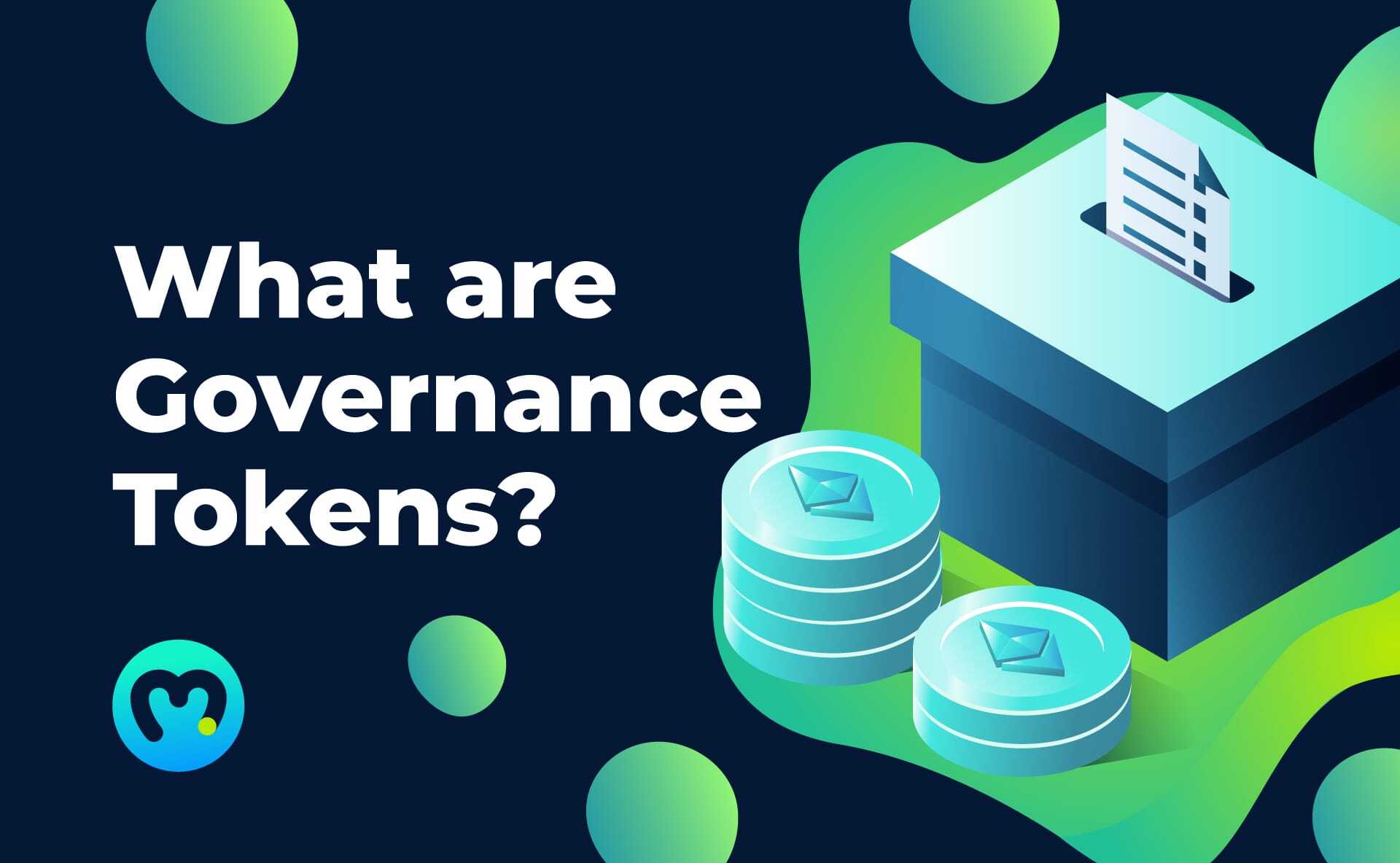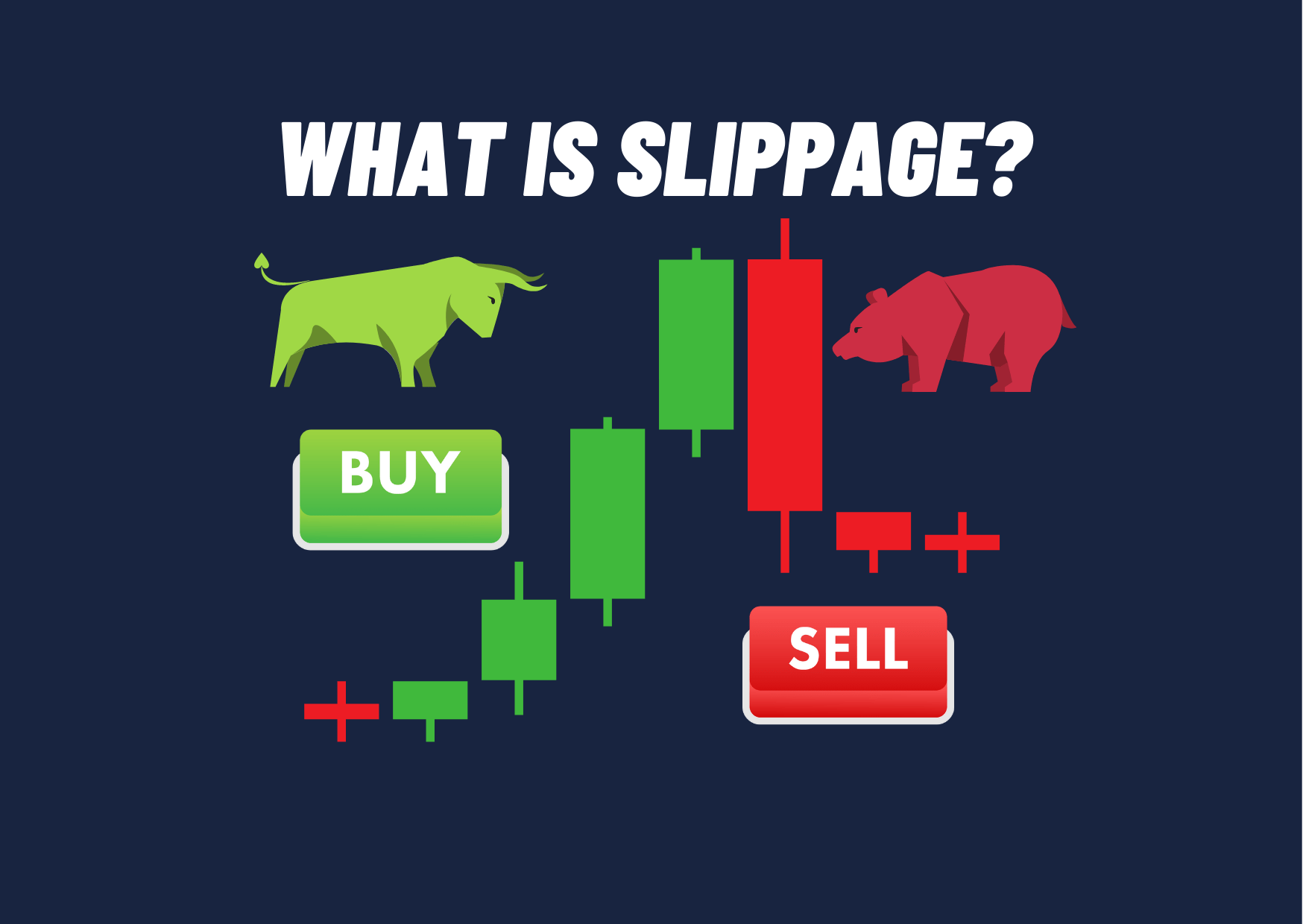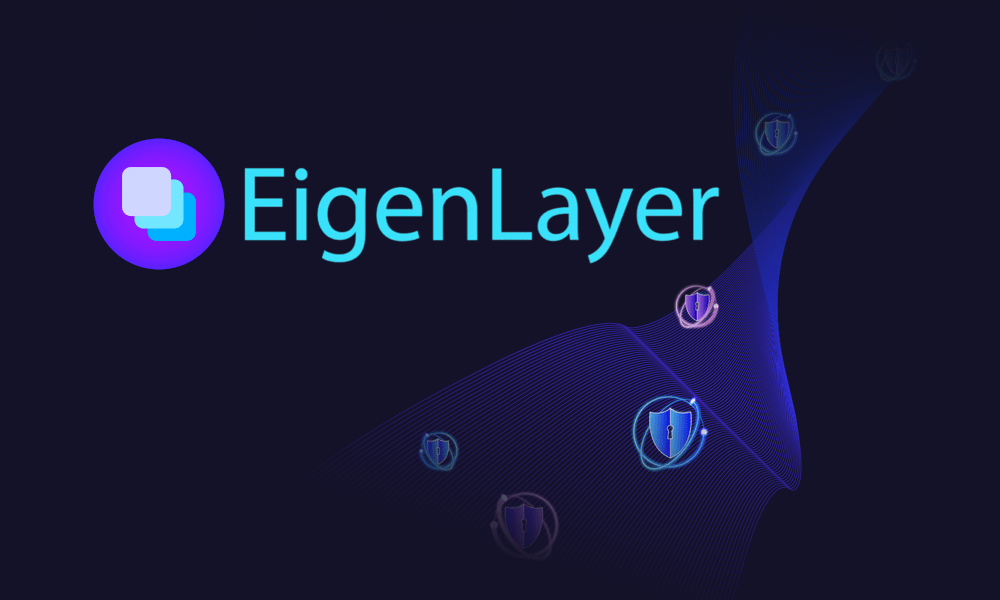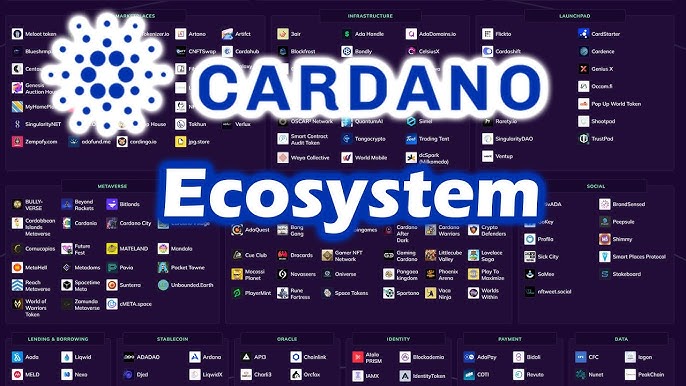Investing in Governance Tokens: Everything You Need to Know
As decentralized finance (DeFi) and Web3 technologies continue to reshape how financial systems operate, governance tokens have emerged as a powerful tool for decentralization and user empowerment. But beyond their role in voting on protocol changes, governance tokens are also becoming a prominent asset class for crypto investors.
In this article, we’ll explore everything you need to know about investing in governance tokens — including what they are, how they work, potential risks and rewards, and which tokens are worth watching.
What Are Governance Tokens?
Governance tokens are digital assets that give holders the right to participate in the decision-making processes of decentralized protocols or platforms. These tokens are a core feature of decentralized autonomous organizations (DAOs) and DeFi protocols.
Common Uses of Governance Tokens:
- Voting on protocol upgrades or changes
- Allocating treasury funds
- Adjusting economic parameters (e.g., interest rates, fees)
- Approving new partnerships or protocol directions
Unlike traditional corporate shares, governance tokens do not usually confer ownership over the underlying company. Instead, they represent influence within a protocol or community.
Why Invest in Governance Tokens?
1. Participatory Power
Governance token holders have direct input in shaping a project’s future. This is particularly valuable for early adopters and those passionate about a specific ecosystem.
2. Economic Incentives
Some governance tokens can be staked for yield or distributed as rewards in liquidity mining or farming programs.
3. Speculative Gains
Like other cryptocurrencies, governance tokens can appreciate in value based on market demand, protocol growth, or speculative activity.
4. Access to Exclusive Benefits
Token holders may get access to beta features, airdrops, or other perks in DAO ecosystems.
Popular Governance Tokens to Watch
Here are some of the most well-known governance tokens as of 2025:
| Token | Protocol | Description |
|---|---|---|
| UNI | Uniswap | Allows users to vote on updates to the largest decentralized exchange |
| AAVE | Aave | Used to vote on interest rate models, asset listings, and risk parameters in the lending platform |
| MKR | MakerDAO | Enables governance of DAI stablecoin protocol and its financial policies |
| COMP | Compound | Allows token holders to decide on protocol upgrades and incentives |
| CRV | Curve Finance | Used for voting and boosting rewards in the stablecoin-focused DEX |
| LDO | Lido Finance | Allows community voting on staking protocol decisions |
| ARB | Arbitrum DAO | Gives governance rights in a leading Layer 2 scaling solution for Ethereum |
How to Evaluate Governance Tokens for Investment
Before investing in a governance token, consider the following factors:
🔍 1. Utility
Does the token have clear utility beyond speculation? Can it be staked, provide rewards, or unlock valuable features?
🔍 2. Protocol Adoption
Is the underlying protocol widely used and growing in Total Value Locked (TVL) and active users?
🔍 3. Tokenomics
How is the token distributed? Is there inflation? Are large portions held by VCs or insiders?
🔍 4. Governance Structure
Is the voting system transparent and inclusive? Can a small group dominate votes due to token concentration?
🔍 5. Security and Audits
Has the protocol been audited? Are there bug bounty programs and active developer support?
🔍 6. Market Liquidity
Is the token actively traded on major exchanges? Low liquidity can make entry and exit difficult.
How to Acquire Governance Tokens
There are several ways to get involved:
✅ 1. Buy on Exchanges
Most governance tokens are listed on centralized exchanges (like Binance, Coinbase) or decentralized ones (like Uniswap or SushiSwap).
✅ 2. Earn via Staking or Yield Farming
Protocols often distribute governance tokens as rewards for staking assets or providing liquidity.
✅ 3. Participate in Airdrops
Some DAOs distribute tokens for free to early adopters, users, or community contributors.
Risks of Investing in Governance Tokens
⚠️ 1. Governance Centralization
Despite the name, governance can often be dominated by whales (large holders) or VCs, limiting real decentralization.
⚠️ 2. Low Participation Rates
In many DAOs, only a small percentage of token holders actually vote, leading to suboptimal decision-making.
⚠️ 3. Regulatory Risk
Governance tokens may eventually be classified as securities, depending on jurisdiction and use cases.
⚠️ 4. Protocol Failure
If the protocol loses relevance or gets hacked, the token may plummet in value.
⚠️ 5. Speculative Volatility
Like most crypto assets, governance tokens can experience wild price swings not always tied to fundamentals.
Tips for Responsible Investing in Governance Tokens
- 📚 Do Your Own Research (DYOR): Read the whitepaper, join the community, and understand the roadmap.
- 💡 Start Small: Begin with a small position and grow exposure as you build confidence.
- 🗳️ Participate in Governance: Vote on proposals and stay informed on protocol developments.
- 📈 Monitor On-Chain Metrics: Use tools like Token Terminal, DeFiLlama, or Dune Analytics to track activity.
- 🔐 Use Secure Wallets: Store tokens in non-custodial wallets like MetaMask or Ledger for full control.
Real-World Examples of Governance in Action
🧑⚖️ MakerDAO (MKR) Votes on Collateral Assets
MKR holders vote on which assets can be used to mint DAI stablecoins, influencing protocol risk.
🧑🔧 Uniswap (UNI) Proposals for Fee Switch
UNI governance has been involved in debates about enabling protocol fee switches, which could turn UNI into a yield-bearing token.
💰 Curve (CRV) Vote-Escrow System
CRV holders can lock tokens to gain voting power and increase their share of rewards — creating a strong incentive to participate in governance.
The Future of Governance Tokens
Governance tokens are evolving beyond simple voting rights. Future developments may include:
- Delegated Governance: Professional DAO delegates making decisions on behalf of token holders.
- Reputation-Based Voting: Weighting votes by on-chain participation and not just token quantity.
- Cross-Protocol Governance: Tokens gaining influence over multiple integrated DeFi ecosystems.
As DAOs mature and user participation improves, governance tokens could become as influential as corporate shares in traditional finance — or even more powerful.
Conclusion
Governance tokens represent one of the most innovative use cases in crypto — giving power to the people while offering investment opportunities. However, they come with unique risks and complexities that require thoughtful analysis.
If you’re looking to participate not just as an investor but as a builder of the future of finance, governance tokens are your gateway. Just remember: with great power comes great responsibility — and in crypto, also high volatility.




